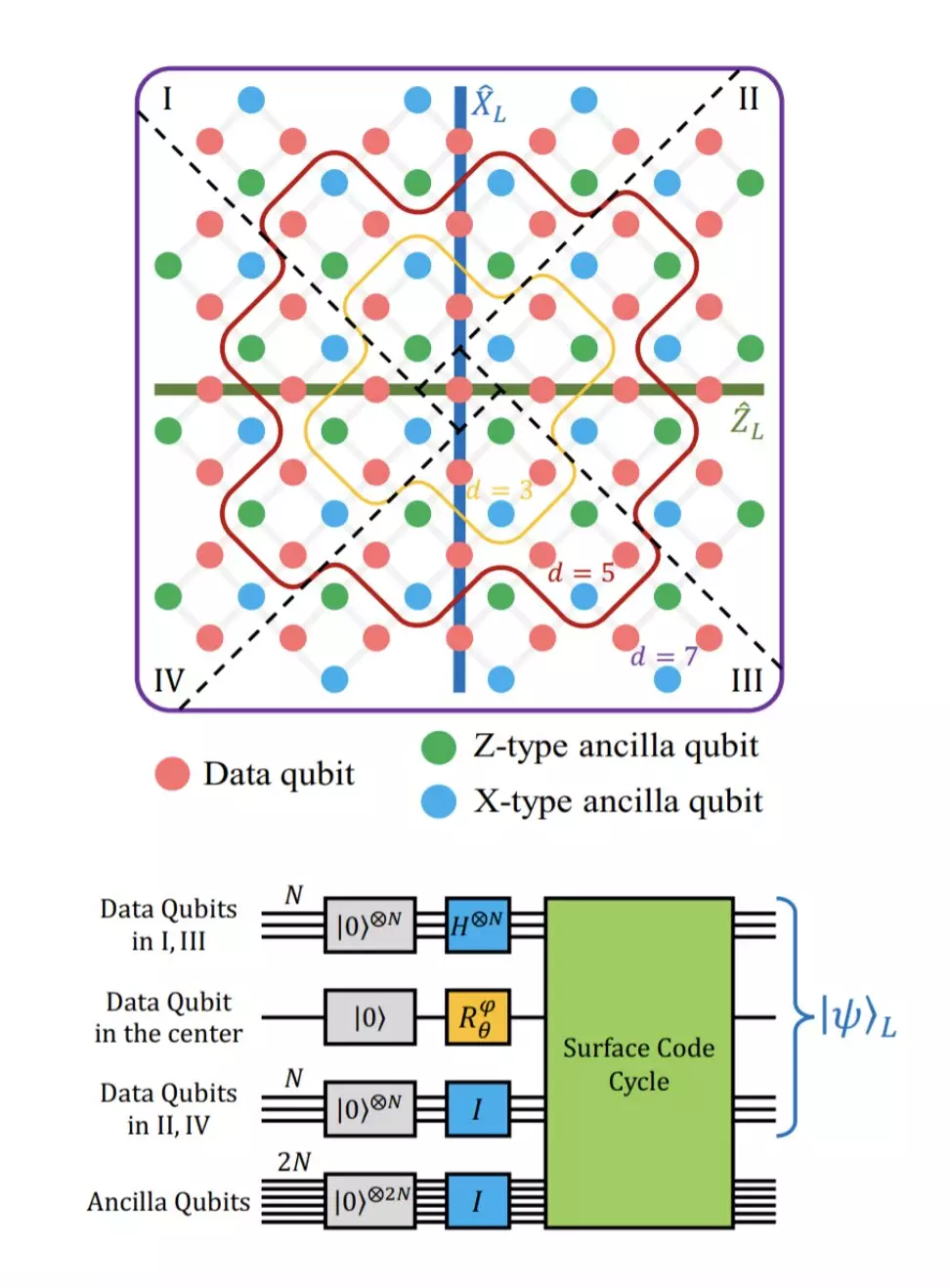Quantum computers have the potential to surpass conventional computers in certain tasks, such as complex optimization problems. However, these advanced computers are susceptible to noise, leading to computational errors. To address this issue, engineers have been exploring fault-tolerant quantum computing approaches that can better withstand noise and scale up more effectively. A recent study by researchers at the University of Science and Technology of China, the Henan Key Laboratory of Quantum Information and Cryptography, and the Hefei National Laboratory presents a successful demonstration of preparing a logical magic state with fidelity surpassing the distillation threshold on a superconducting quantum processor.
The Significance of Fault-Tolerant Quantum Computing
The ultimate goal of the research is to achieve reliable, fault-tolerant, and universal quantum computing. To realize this, the preparation of logical magic states is a crucial step. These states introduce non-Clifford gates, which are essential for implementing fault-tolerant quantum computing. The researchers’ protocol outlines a simple, scalable, and experimentally feasible strategy for generating high-fidelity raw magic states in superconducting quantum processors.
The protocol devised by the researchers involves injecting the state to be prepared into one of the qubits in the surface code and propagating the state information throughout the entire surface code. The inject position of the state and the initialization states of other qubits play a critical role in the success of the protocol. The team applied this protocol to the Zuchongzhi 2.1 processor, a 66-qubit quantum professor with a tunable coupling design. This design allows for manipulation of the interaction between adjacent qubits, ensuring high-fidelity quantum gates despite a high degree of parallelism. Additionally, this design facilitates the expansion of qubit scale on one processor.
When implementing their protocol on the Zuchongzhi 2.1 processor, the researchers achieved significant results. They successfully prepared three logical magic states with high logical fidelities: 0.8771±0.0009, 0.9090±0.0009, and 0.8890±0.0010, respectively. These fidelities surpass the state distillation protocol thresholds for H-type and T-type magic states, which are 0.859 and 0.827, respectively. This milestone indicates that low-fidelity magic states can be fed into the magic state distillation circuit, undergo multiple distillations, and ultimately yield sufficiently high-fidelity magic states for constructing fault-tolerant non-Clifford logical gates.
The protocol developed by Prof. Zhu and his colleagues holds potential for other research teams and broader superconducting quantum processors. It offers a means to realize high-fidelity raw logical magic states, ultimately contributing to the advancement of fault-tolerant quantum computing. The successful preparation of a distance-three logical magic state with fidelity surpassing the distillation threshold signifies the possibility of constructing larger-scale quantum computers. Moving forward, the researchers plan to focus on two main research directions: enhancing the performance of a logical qubit by reducing physical manipulation error rates and increasing the number of encoded qubits, and exploring the potential of new superconducting quantum processors to further advance the field of quantum error correction.
The recent study by Prof. Zhu and his colleagues highlights the progress made in the field of fault-tolerant quantum computing. By successfully preparing high-fidelity logical magic states, this research paves the way for the construction of fault-tolerant non-Clifford logical gates. The protocol utilized in their experiments offers a practical and scalable approach to generating raw magic states. With continued exploration and optimization, the realization of larger-scale quantum computers becomes ever more attainable. Ultimately, fault-tolerant quantum computing holds tremendous potential for revolutionizing various fields, including optimization and cryptography.


Leave a Reply